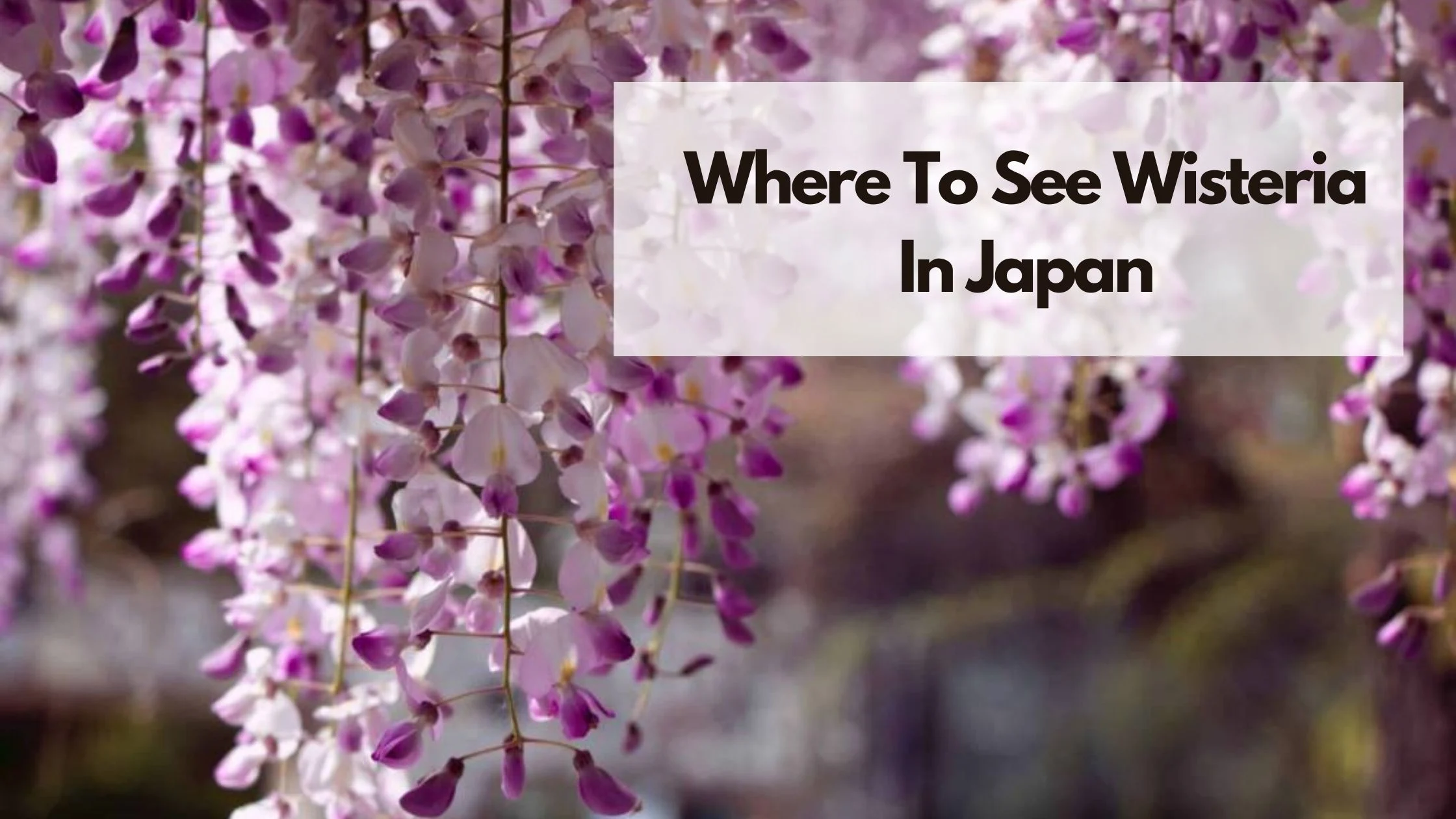What is Obon? Obon is a Japanese Buddhist holiday that honors the spirits of ancestors. It’s celebrated in August and involves traditional dances, food offerings, and family reunions.
Obon, a cherished Japanese holiday, holds a special place in the hearts of many, including myself, as I reminisce about celebrating it throughout my childhood in Japan.
This traditional festival serves as a poignant tribute to ancestors, blending ancient Japanese beliefs with Buddhist customs.
In this guide, we’ll delve into the essence of Obon, its origins, significance, and the diverse traditions that make this celebration unique.
Page Contents
What is Obon?

Obon, rooted in Japanese culture, is a captivating blend of ancient customs and Buddhist practices. The word “Obon” finds its origins in the Sanskrit term “Ullambana,” signifying a time of hanging upside down. This term was later adapted and integrated into Japanese Buddhism, evolving into the Obon we know today.
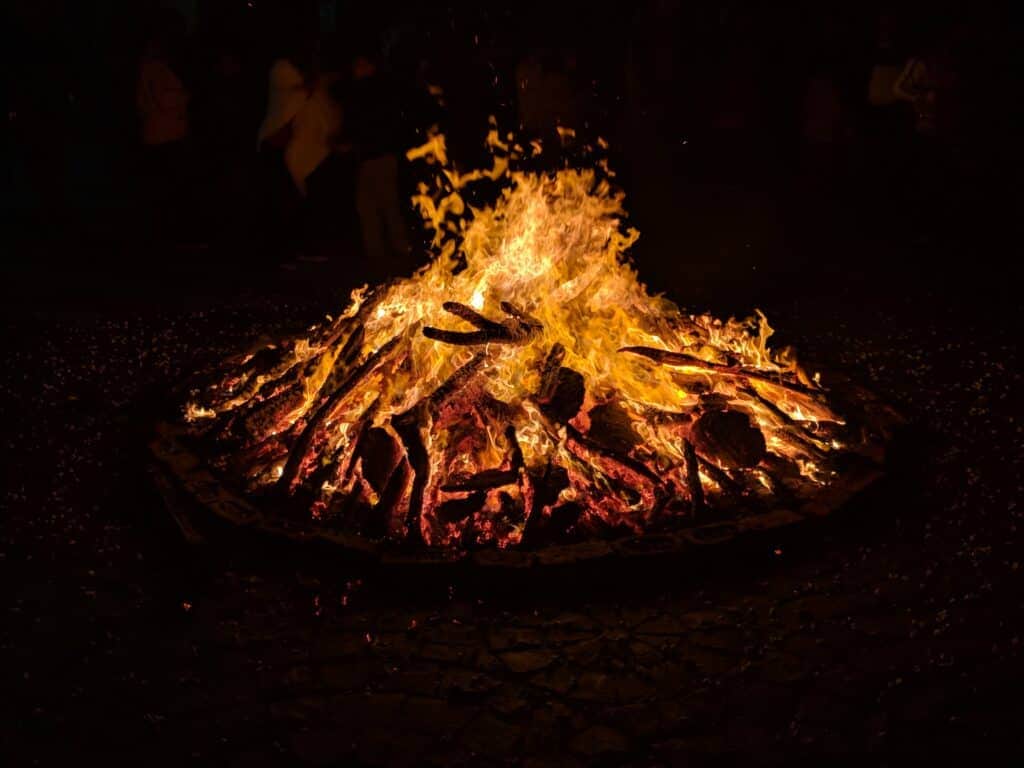
Origin Of Obon In Japan
The origins of Obon date back to the Buddhist tale of Mokuren (Maudgalyayana), a devoted disciple of Buddha.
Mokuren used his supernatural powers to look for his deceased mother and discovered her suffering in the Realm of Hungry Ghosts. To free her from torment, Buddha advised Mokuren to make offerings to monks on the fifteenth day of the seventh month.
This practice evolved into Obon, a time when families honor their ancestors through rituals and festivities.
Obon is a harmonious blend of Shinto and Buddhist traditions. Shinto, Japan’s indigenous religion, focuses on kami (spirits), while Buddhism emphasizes ancestral veneration.
During Obon, these belief systems converge as families pay respects to their departed loved ones. The festival typically spans three days, but the exact dates may vary across regions.
The significance of Obon extends beyond religious observance. It serves as a poignant reminder of the interconnectedness of generations, fostering a deep sense of familial and cultural continuity.
The rituals and practices associated with Obon are a testament to the profound respect Japanese people hold for their ancestors.
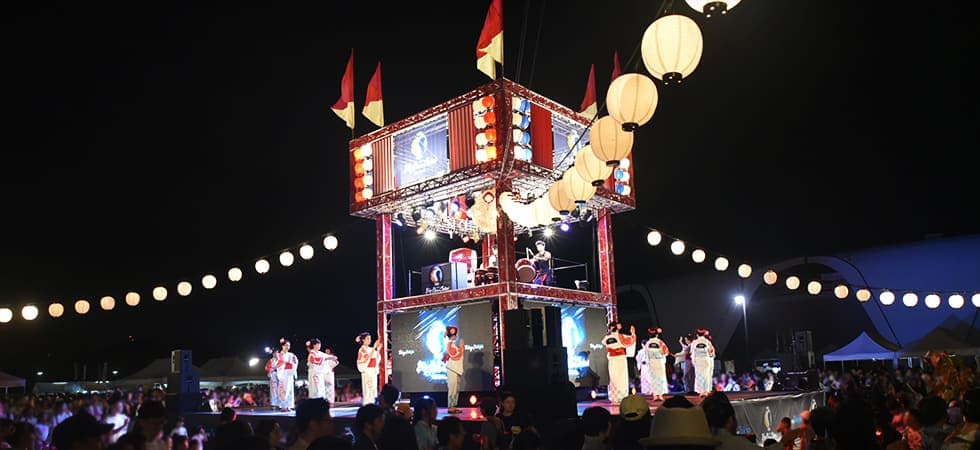
When is Obon 2024?
Obon’s timing is intricately linked to the lunar calendar, with celebrations occurring around the fifteenth day of the seventh month.
While the Gregorian calendar places Obon in August, regional variations and the use of different lunar calendars may lead to discrepancies in the exact dates.
Obon, the Japanese Buddhist festival for honoring the spirits of ancestors, will be held from Tuesday, August 13, 2024, to Thursday, August 15, 2024.
The festival dates vary from year to year based on the lunar calendar, but it typically falls in August. This year, Obon will begin on the 13th of August and end on the 15th.
Obon Traditions
Obon is a tapestry of traditions, each woven with deep cultural and spiritual significance.
Bon Odori
One of the most visually captivating traditions is Bon Odori, a series of traditional dances performed in temples and shrines across Japan.
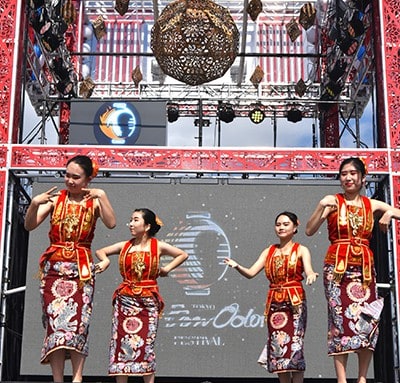
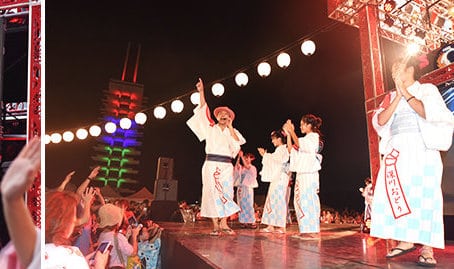
These dances, accompanied by rhythmic drumming and vibrant costumes, symbolize the welcoming of ancestral spirits. Communities join together, creating a lively atmosphere that transcends generations.
Cleaning ancestral grave sites
A solemn yet essential aspect of Obon involves cleaning ancestral grave sites. Families meticulously tend to the resting places of their forebears, expressing love and respect through this act of care.
The cleansing process is not only a physical task but also a spiritual one, fostering a connection between the living and the deceased.
Making Offerings to the ancestors
Making offerings to ancestral spirits at home altars is another integral part of Obon. Families prepare a variety of items, including food, water, and incense, arranging them on altars known as “butsudan.”
This act symbolizes the welcoming of ancestors into the home and provides an opportunity for quiet reflection and gratitude.
Family Reunion
Obon is a time of reunions, with families coming together in a spirit of joy and remembrance.
Many individuals return to their family homes, creating a sense of unity and continuity. This tradition reinforces the importance of family bonds, allowing generations to connect and share in the collective memory of those who came before.
Obon Food
Central to Obon celebrations is a delectable array of special foods that carry cultural and symbolic significance.
- Hakuzai
Hakuzai, a white sesame seed rice dish, is a popular staple during this time. The sesame seeds symbolize purity and are believed to ward off evil spirits, ensuring a harmonious connection with the ancestral realm.
- Shojin-ryori
Shojin-ryori, a form of vegetarian Buddhist cuisine, takes center stage during Obon. This plant-based culinary tradition reflects the Buddhist principle of compassion towards all living beings.
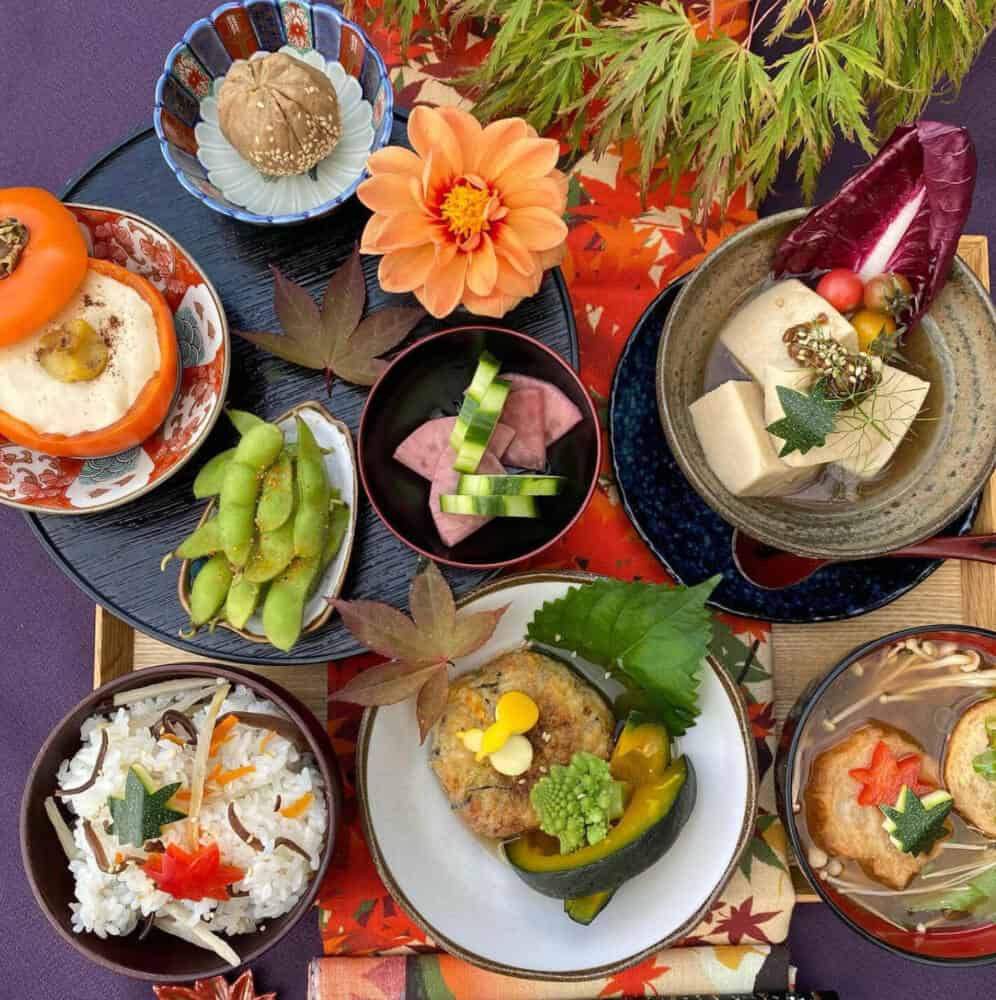
Families prepare and share these meals as a way of honoring their ancestors and fostering a sense of mindfulness.
- Makuwa uri
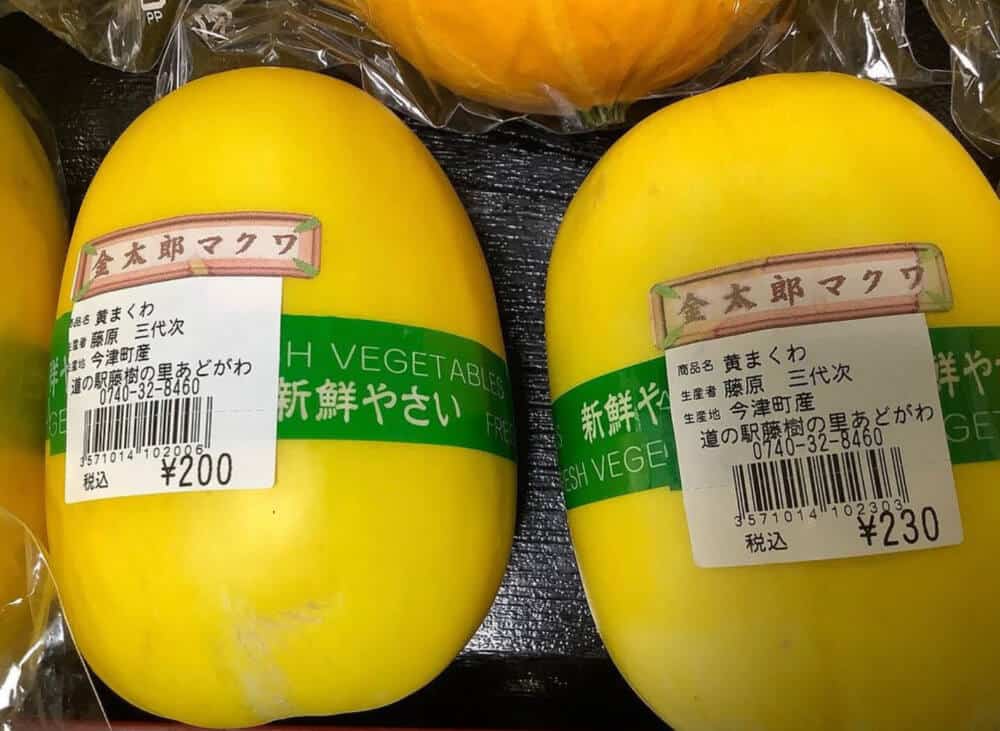
Makuwa uri, a type of melon, is often enjoyed during Obon. The refreshing taste of this fruit is believed to provide comfort to ancestral spirits, making it a fitting addition to the festive table.
- Dengaku
Dengaku, grilled eggplant skewers with miso paste, is another culinary delight associated with Obon, combining smoky flavors with rich symbolism.
Conclusion
In the tapestry of Japanese culture, Obon stands as a vibrant thread, weaving together ancient beliefs, Buddhist customs, and familial ties.
As we anticipate Obon in 2024, the festival serves as a poignant reminder of the enduring connections between generations. T
hrough rituals, traditions, and shared meals, Obon continues to be a cherished celebration that transcends time, preserving the essence of family and cultural heritage.
Also read:
- Do you know about this magical Japanese orange fruit? Check it out here!
- Check out the articles you should read if you’re pregnant in Japan, here!
- Do you know about the Japanese theory of blood types? Read about it here!





